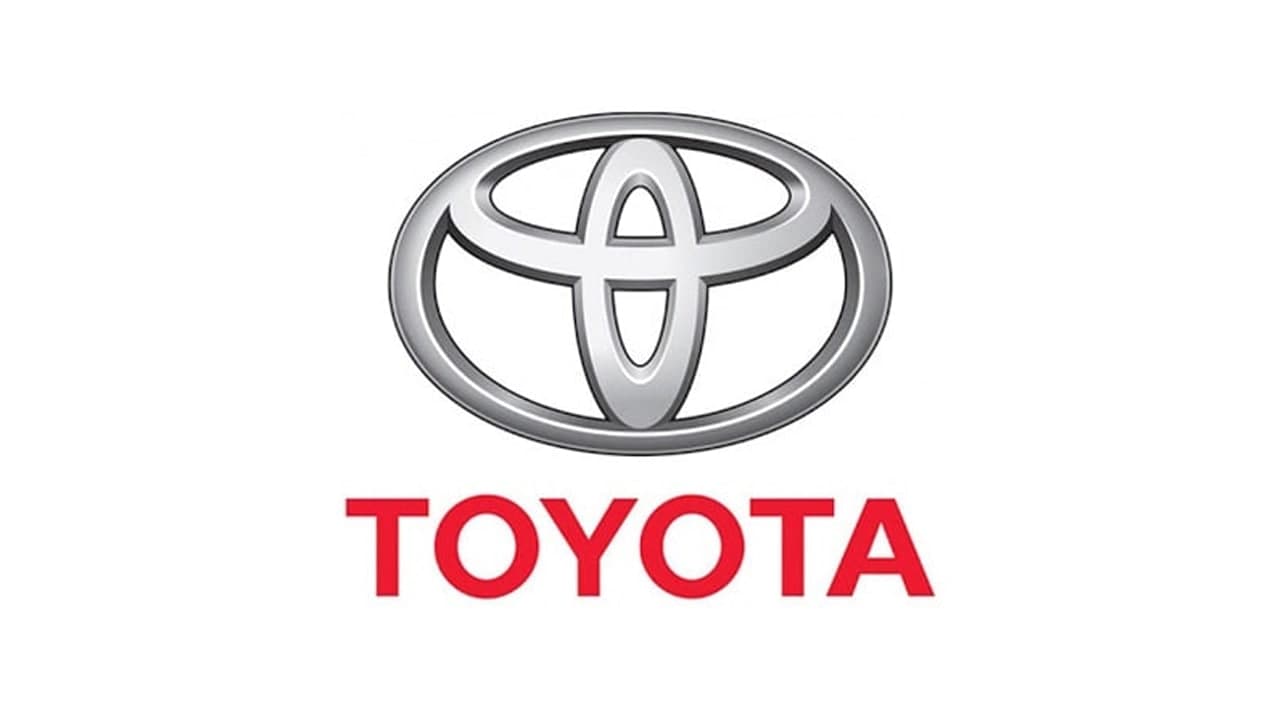According to the latest report, Woven Planet, a subsidiary of Toyota Motor, has joined Tesla Inc. in an attempt to advance self-driving technology without using expensive sensors such as lidar.
Join tip3x on Telegram
Woven Planet told the media that the company was able to collect data with low-cost cameras and effectively train its self-driving system. This is a breakthrough that they hope will help reduce costs and scale the technology.
The company said that using a large number of cars to collect different driving data is critical to developing a robust self-driving car system, but testing self-driving cars with expensive sensors are too expensive and impossible to test at scale.
Moreover, Tesla has been using cameras to collect data from more than a million cars on the road to developing its self-driving technology, while Alphabet’s Waymo and other self-driving car companies have installed expensive sensors on a handful of vehicles, such as Lidar.
 “We need a lot of data. It’s not enough to collect a small amount of data from a small fleet of very expensive self-driving cars,” said Michael Benisch, vice president of engineering at Woven Planet.
“We need a lot of data. It’s not enough to collect a small amount of data from a small fleet of very expensive self-driving cars,” said Michael Benisch, vice president of engineering at Woven Planet.
“We can unlock the advantage that Toyota and the big automakers have, which is getting a lot of data, but at a much lower level of fidelity,” Benisch said. Benisch was the director of engineering at Lyft’s self-driving unit, which Toyota acquired last year.
The cameras used by Woven Planet are 90 percent cheaper than previously used sensors and can be easily mounted on small passenger cars. Using much of the data from the low-cost cameras improved the system’s performance to a level similar to when the system was trained exclusively with high-cost sensor data, the company said.
Furthermore, Toyota will still use a variety of sensors such as lidar and radar for robo-taxi and other self-driving cars, he said, because that appears to be the best and safest way to develop a robo-taxi right now.
“But in many years, it’s entirely possible that camera-like technologies will catch up and surpass some of the more advanced sensors,” he said. “But exactly when and how long it will take to reach a safe and reliable level is still unknown.”
Tesla CEO Elon Musk said full camera self-driving could be achieved this year after repeatedly failing to meet previous targets.
